Given the year it has been, it is no surprise that the Ready-to-Drink (RTD) market has continued its exponential growth. In fact, it is the only category forecast to grow by both volume and sales according to industry research group IWSR. A rush of RTD acquisitions has further validated the RTD market; Bacardi bought the European based Tails, Beam Suntory bought On the Rocks, and Brown Foreman picked up Part Time Rangers.
There are several products in the market using agave, some in the form of agave nectar, others in the form of Tequila in hard seltzers from companies like Cutwater, Jose Cuervo, and Texas based company Ranch Rider, which has a cult following of its line of canned drinks. Celebrities are also getting into the RTD space, Travis Scott, the rapper who has a solid track record of product endorsements, has announced his plans for an agave RTD called Cacti. What the market hadn’t yet seen was a mezcal based RTD. Enter Elenita, which initially launched in Los Angeles last winter, but more broadly this past summer. Their timing could not have been better between the perfect storm of growing demand by a millennial market wanting lo-carb, low-calorie and low-abv drinks and COVID which closed bars and restaurants and opened the door to people searching for easy to make/drink products from retail outlets.
But what seriously set Elenita apart from the crowd, was the fact that its cans used the word “mezcal,” and had a NOM attached to it. For folks who might not know, the regulatory body of mezcal, the CRM, is very very particular about who and how the word mezcal is used. For folks who did know, it prompted two responses, ‘where does the mezcal come from and how did they do that?’ because the whole idea of a NOM defined mezcal seemed to fly in the face of this sort of product.
Building a canned mezcal cocktail
Elenita co-founders Jordan Dil and Mikel Noriega met in business school at UCLA. Dil is from Canada, Noriega from Mexico City. They immediately hit it off over their shared love of mezcal and began looking into how they could start a mezcal brand. Realizing the start up costs involved, the competition, the lack of a strong retail market and the understanding they would be like any other brand trying to break through into the mezcal market, they began looking at other options. Said Dil “How could we share mezcal? After researching the market, we realized there was no canned mezcal cocktail on the market and we saw an opportunity to be the first mover in the space.”
What they hadn’t realized yet was just how difficult it would be to bring a product to market with the word “mezcal” on the can. Because of how the Denominacion de Origen (DO) is structured and regulated any bottle or product using the word “mezcal” must originate from within the DO, which for an RTD would mean producing it in Mexico, in the DO, and with an approved co-packer (a co-packer, or contract packer, is a company that packages products for their clients.)
This led Noriega on a whole new research path: He began by reaching out to anyone he knew in the mezcal industry in Mexico. “There were so many issues and perspectives to understand from production to the complexities of supply chain. Luckily, we found a great resource with the founders of Bruxo Mezcal who helped us understand how we could execute this project. They were instrumental in helping us understand the supply chain and what would be involved in using mezcal.”
Dil and Noriega spent a year developing the business plan, eventually winning the Knapp Venture Competition at UCLA which led to a $50,000 grant, followed by $1.2 million raised from friends and family to launch the company. They worked to solidify a relationship with a mezcal producer in San Dionisio Ocotepec through the assistance of their Bruxo friends, and worked with the CRM to ensure they were in compliance. They tested recipes using fresh fruit juice as the base and cane sugar instead of agave nectar which was too heavy for their flavor set. They ultimately settled on the two flavors for their launch, Cucumber Basil and Pineapple Jalapeño.
Noriega described their process as focused on “how we could create something that would appeal to someone drinking mezcal for the first time. We want Elenita to be the gateway for someone to begin a mezcal journey.”
But without doubt, the greatest challenge was in finding a co-packing partner as there currently are none within the DO. Ultimately, they were able to work with a company based in Guadalajara that was grandfathered into the NOM and has a registered NOM number. Going forward, there will be co-packing facilities within the DO, eliminating the need to work with companies registered outside the DO.
Since launching in Los Angeles in December of 2019 they have expanded across California and into Texas and are working on a couple of new flavors..
Mezcal gateway or just another canned drink?
Whether Elenita is a good gateway product is another question: San Francisco bartender and long time mezcal advocate Janice Bailon can see both sides of the argument:
“Mezcal cocktails are the easiest way to introduce someone to mezcal. I think for someone who’s had mezcal before, the cucumber (the cucumber-lime-basil flavor) is fine but not for a first timer. The lack of sugar and juice may be too “pure” in this state. The pineapple jalapeño (the other flavor) has a lot more fruity qualities and feels more like a low sugar cocktail. We already know that RTDs are here to stay. As mezcal reaches out and expands to other countries this style of cocktail is inevitable.”
Janice Bailon
The big question among serious mezcal drinkers and the larger mezcal business is whether canned mezcal cocktails erase this spirit’s very distinct identity through commodification or introduces it to a larger audience and provides critical economic growth to the people producing it. Right now we have a bifurcated world of large production mezcals produced for cocktails and tiny production mezcals whose price will always keep them where they should be, sipped neatly in a glass. While the identity of mezcal is tied up in those small production bottles, the financial growth is from those cocktail bottles so Elenita may be another step in that trend of economic sustenance.
Obviously a canned mezcal cocktail eliminates all that precious identity. Bailon thinks that “Elenita is a good start to what the mezcal RTDs can look forward to in the future, but it doesn’t capture the magic of mezcal. I don’t believe that this is the best way to introduce someone to a spirit I hold so close to my heart. With sips of mezcal, there is zip and life behind each sip. In a hard seltzer form, that is all lost.”
But agave spirits educator Khrys Maxwell can see a world of potential opportunities and pitfalls:
“As mezcal continues to grow it is bringing more job opportunities to communities. Commercializing it more will bring even more jobs. If demand for mezcal is only happening among RTD drinks or cocktail mezcals, then this could impact a market for small, traditionally produced mezcal. A major challenge for the RTD category will be the continuity or consistency of flavor if working with a traditional producer, something that is more important for a mass market product. It seems the only way around that for a volume product is to move more toward an industrial mezcal for consistency. Even if you are blending from different producers it is difficult to achieve a continuous flavor.”
Khrys Maxwell
There are a lot of ifs here but it all boils down to if Elenita and similar products actually contribute to the rural communities that raise the agave and distill the mezcal. If they can move the entire production line to Oaxaca that would have a direct and enduring impact on the local economy. Locally it can still be difficult to source the most simple of elements in mezcal production like corks and bottles. If a brand like Elenita is successful in establishing a co-packing plant somewhere in the DO like Oaxaca, that means jobs and the potential for supporting industries and, yes, similar products. In pure business terms, this could certainly be a game changer: Whether the industry can have it both ways is an open question.
In the interim Dil and Noriega are excited about the possibilities for Elenita growth. They are earnest in their hope that this will help consumers make a connection to mezcal and inspire them to love and appreciate it as much as they do.Again, Noriega, “For both Jordan and me, mezcal has now formed and transformed our lives, since many years ago, currently, and hopefully for many years to come. The many moments it enhanced in the past, the people it has brought into our lives today, and the challenges we’ll have to overcome in the future, are all part of the magnificent world of mezcal.”.


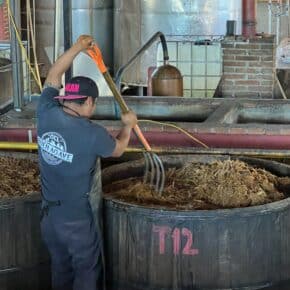
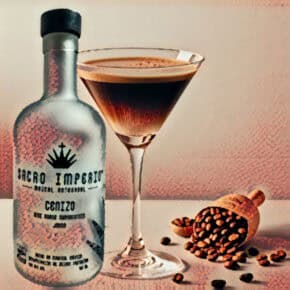
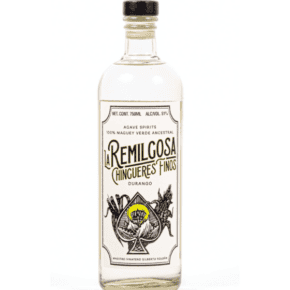
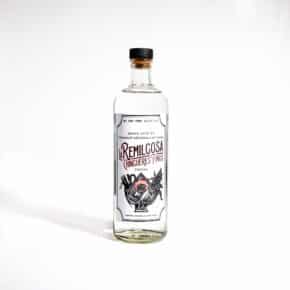
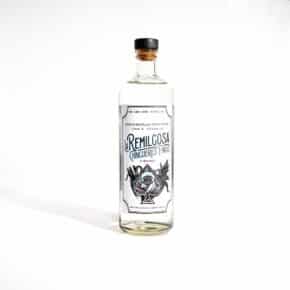


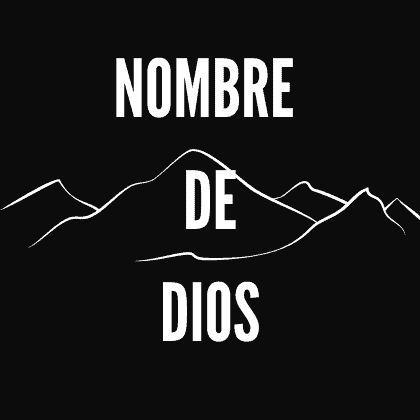



Leave a Comment